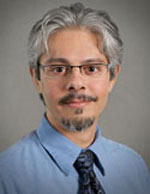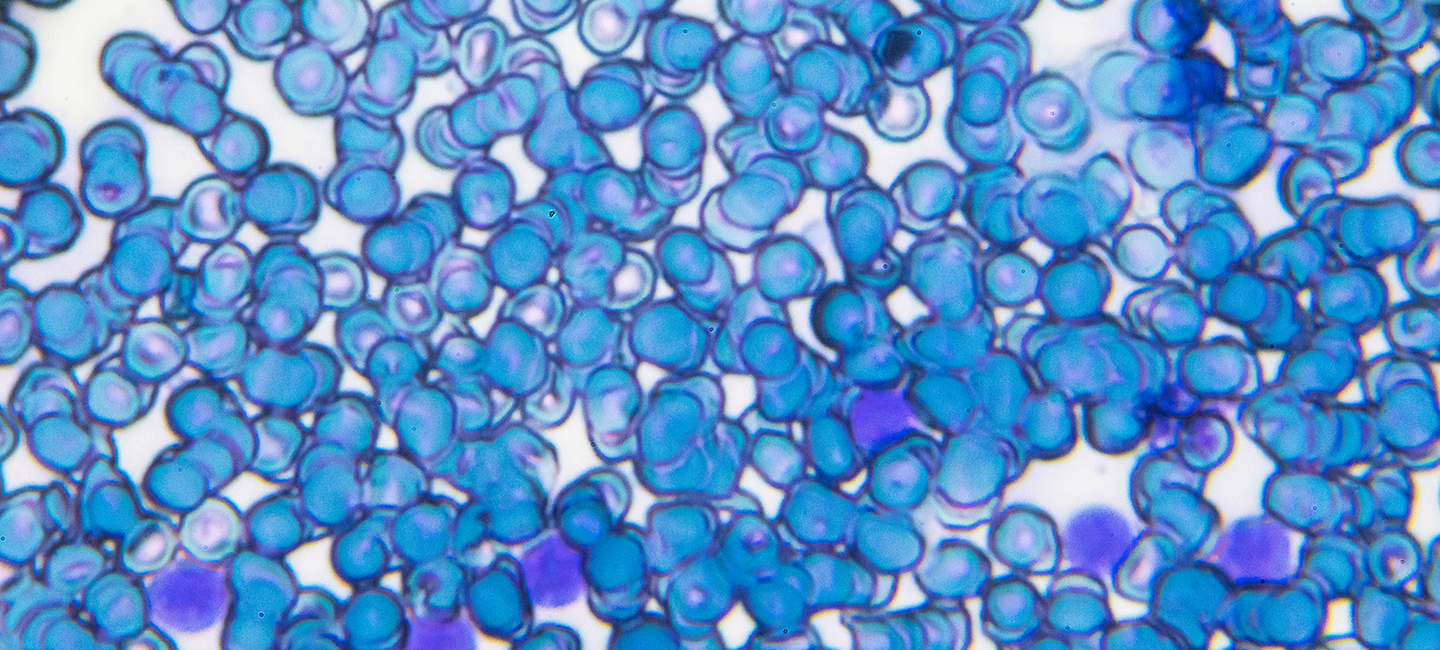5 Questions on a New Treatment for Acute Lymphoblastic Leukemia
Therapies that utilize a patient’s own immune system to fight against cancer, known as immunotherapies, have revolutionized the field of oncology in recent years. This innovative shift in the way that cancer is treated has also transformed care for many patients. Dr. Bijal Shah, an associate member in the Department of Malignant Hematology, has led an extensive and innovative clinical trial for acute lymphoblastic leukemia and recently sat down with me to discuss this latest therapy.

Dr. Bijal Shah, associate member, Department of Malignant Hematology
Hwu: Tell us about acute lymphoblastic leukemia. What is it?
Shah: Acute lymphoblastic leukemia is a cancer of those most immature white blood cell precursors. These guys were destined to become our B cells and our T cells, the sophisticated soldiers of our immune system that are used to help us fight infection, even fight cancer in some cases. But in rare cases, these cells become rogue, mutate and crowd out the healthy blood cells making it hard for our immune system to do its job. The word “acute” indicates that this process happens quickly; the resulting abnormal cells can steadily accumulate in the blood until treated.
Hwu: It sounds like new treatments are sorely needed for ALL (acute lymphoblastic leukemia), especially in adults. And congratulations to you, because you're instrumental in this new FDA approval of TECARTUS®, a cell therapy for ALL. Tell us about this new therapy, TECARTUS?
Shah: TECARTUS is a CAR T-cell therapy. So, what we're fundamentally doing is taking a patient's own T cells and genetically modifying them so they can now recognize the leukemia. We do something to a T cell that is unusual. We put an antibody and build it into that T cell and allow that antibody to talk to the T cell so it can now see the cancer and kill the cancer. I'm excited to be able to report that we succeeded, and we were able to move this into the phase 2 setting where we could turn this into something that was remarkable for our patients, a 71% complete response to this treatment and over half the patients had true complete remissions.
Hwu: Tell us about the team of people you have at Moffitt Cancer Center.
Shah: I couldn't do it without the team here. We have a dedicated group of nurses, nurse practitioners, physician assistants, even physicians, all of whom participate in the delivery of CAR T-cell immunotherapy. We meet weekly to discuss the care of these patients, to make sure that we're optimizing what we can optimize, both before the CAR T and after the CAR T so that we can carry them safely. I could name a hundred people, and I still wouldn't name them all. It's such an amazing group that we have here, and it's, again, such a critical piece to, to why we landed where we did.
Hwu: What's the future hold now for this very exciting T-cell therapy?
Shah: We're looking at other ways of making CAR T cells. We have a partnership with Precision Biosciences where we're doing a trial using an allogeneic CAR T-cell product. We want to explore if we can pull the cells out of the fridge so we're ready to give them whenever a patient needs them and use that as a tool to help us land where we need to. We're talking about using new tools for making CAR T, increasing our efficiency, increasing our success. Can we increase that remission rate, that cure rate that we all desperately want?
Hwu: Do you think we're going to get to the point where we can even give them as an outpatient?
Shah: I think we'll get there. For me, the first step in reaching that goal is going to be understanding why we see the toxicity we do. And we've seen across a variety of diseases that sometimes cancer is by itself inflammatory. And when you have cancers that are by themselves inflammatory you create a scenario where patients may experience more toxicity. So, coming in with lower disease burden of leukemia or lymphoma that's present, the less toxicity we can anticipate.
Hwu: Congratulations on this FDA approval. You really did such a wonderful job, and this therapy will now go on to help so many people with ALL.



